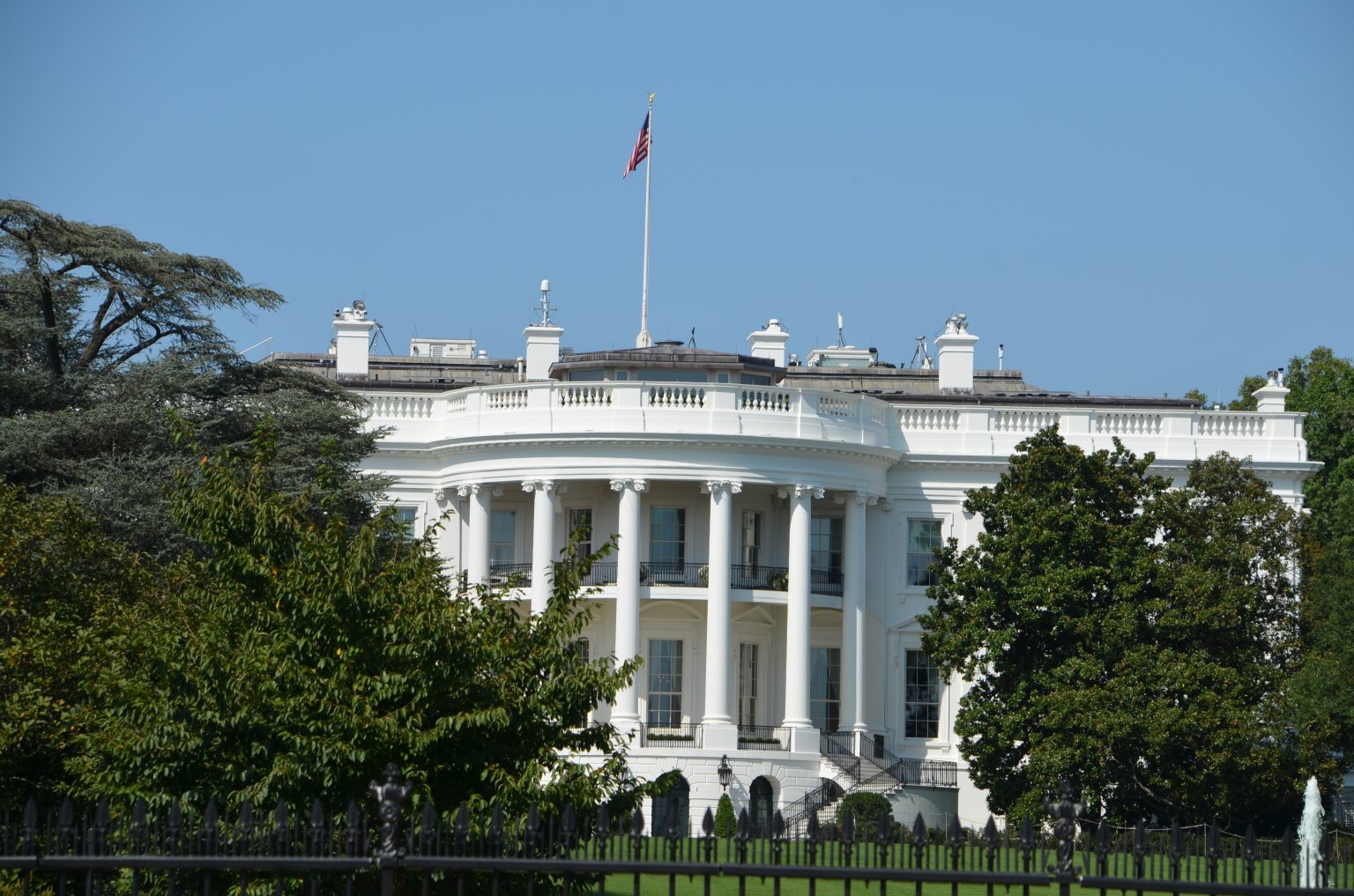AI industry leaders, including OpenAI, Google, Microsoft, and Amazon, have voluntarily committed to shared safety and transparency goals. Concerned about the industry’s rapid development, the Biden administration has gathered these companies to discuss their commitments. While there are no binding rules or enforcement, the agreed practices will be publicly known. Today, representatives from these companies will meet with President Biden at the White House. Although substantive AI legislation is still in the future, these voluntary commitments are a step towards ensuring responsible AI development.
Here’s the list of attendees at the White House gig:
- Brad Smith, President, Microsoft
- Kent Walker, President, Google
- Dario Amodei, CEO, Anthropic
- Mustafa Suleyman, CEO, Inflection AI
- Nick Clegg, President, Meta
- Greg Brockman, President, OpenAI
- Adam Selipsky, CEO, Amazon Web Services
Promising steps are being taken by major companies in the field of artificial intelligence (AI). These companies have made commitments to undertake various measures, such as conducting thorough security tests before releasing AI systems and sharing information on AI risks and mitigation techniques. They also plan to invest in cybersecurity to protect sensitive data and encourage third-party discovery of vulnerabilities. Additionally, efforts will be made to develop safeguards and guidelines regarding the appropriate use of AI systems.
Furthermore, there is an emphasis on addressing societal challenges through the use of AI, including cancer prevention and climate change. However, it is worth noting that the carbon footprint of AI models is not currently being tracked.
While these commitments are voluntary, the possibility of an executive order being issued might encourage compliance. The White House is determined to be proactive in addressing the impact of new technologies, having learned from the challenges posed by social media. The president and vice president have engaged with industry leaders and sought advice on a national AI strategy. Adequate funding has also been allocated for AI research centers and programs.
It is important to recognize that the national science and research community has already begun extensive research on the challenges and opportunities presented by AI. The Department of Energy and National Labs have produced a comprehensive report that provides valuable insights into this subject.
Benefits of Voluntary Safeguards
- Flexibility and Innovation: By avoiding strict regulations, AI firms have the freedom to innovate and experiment with new technologies. This agility is essential in fostering AI advancements that drive positive change.
- Speed of Implementation: Voluntary safeguards can be implemented more swiftly than formal regulations, allowing AI firms to address concerns promptly without bureaucratic hurdles.
- Industry Collaboration: The collaborative approach fosters a sense of shared responsibility among AI firms. By collectively working towards responsible AI development, the industry can make significant strides in ethical AI practices.
- Tailored Solutions: Different AI systems have unique challenges and requirements. Voluntary safeguards allow AI firms to adopt practices tailored to their specific contexts, ensuring more effective and context-aware outcomes.

